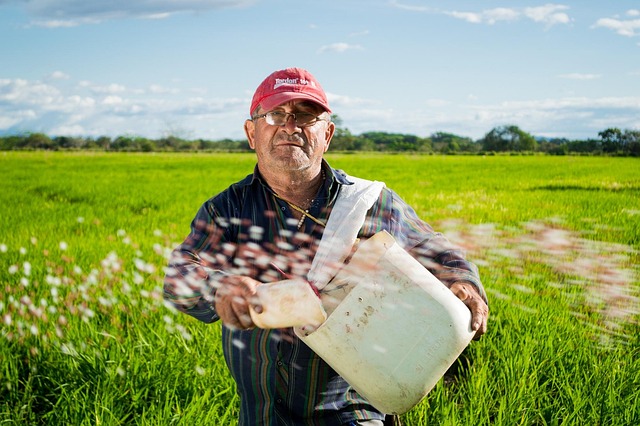In a world where the urgency for eco-friendly practices is greater than ever, green gardening has emerged as not just a trend, but a lifestyle. As we cradle our plants and nurture our gardens, the essence of gentle plant care becomes paramount. Gardening need not be an act of extraction; instead, it can become a symbiotic relationship with nature itself.
Adopting an eco-friendly approach in your vegetable patch helps in maintaining the delicate balance of our environment. Start by selecting native plants and organic seeds that are well-suited for your local climate. These plants often require less water and are more resistant to pests, reducing the need for harmful chemicals. By understanding your local ecosystem, you can create a haven that invites beneficial insects and pollinators, fostering a thriving biodiversity.
Water conservation is another essential aspect of gentle plant care. Consider implementing a rainwater harvesting system in your garden. By using rain barrels, you can collect and store rainwater for your plants, ensuring they receive the moisture they need without straining community water sources. Furthermore, using a drip irrigation system will direct water exactly where it’s needed, minimizing waste and preventing fungal diseases.
Embracing natural pest control methods is also vital in green gardening. Instead of resorting to chemical pesticides, explore the world of companion planting. For instance, marigolds are known to deter nematodes and certain pests while attracting pollinators. They become your ally in the fight against pests, all while adding a vibrant touch of color to your vegetable patch. Natural solutions, such as neem oil or diatomaceous earth, can also effectively manage infestations without disrupting the ecosystem.
Composting is another cornerstone of eco-friendly gardening. By turning kitchen scraps and yard waste into nutrient-rich compost, you can significantly reduce the amount of waste sent to landfills. This rich organic matter nurtures your soil, promotes healthy plant growth, and supports the microbial life essential for soil health. The practice of composting not only benefits your garden but also the planet, returning valuable nutrients back to the earth.
Finally, consider the use of biodegradable and sustainable materials for your gardening needs. From pots made of recycled materials to tools crafted from sustainably sourced wood, making conscious choices in your gardening supplies means you are investing in a healthier future. Incorporate natural mulch to protect your soil and retain moisture, enriching your garden while reducing weeds.
With these gentle plant care methods, your vegetable garden can thrive without leaving a significant footprint on the environment. Each seed sown is a step towards sustainability, and every plant nurtured is a testament to our commitment to the earth. By embracing green gardening practices, we can foster a deeper connection with nature, cultivate delicious produce, and inspire others to join us in this vital movement for a healthier planet.




